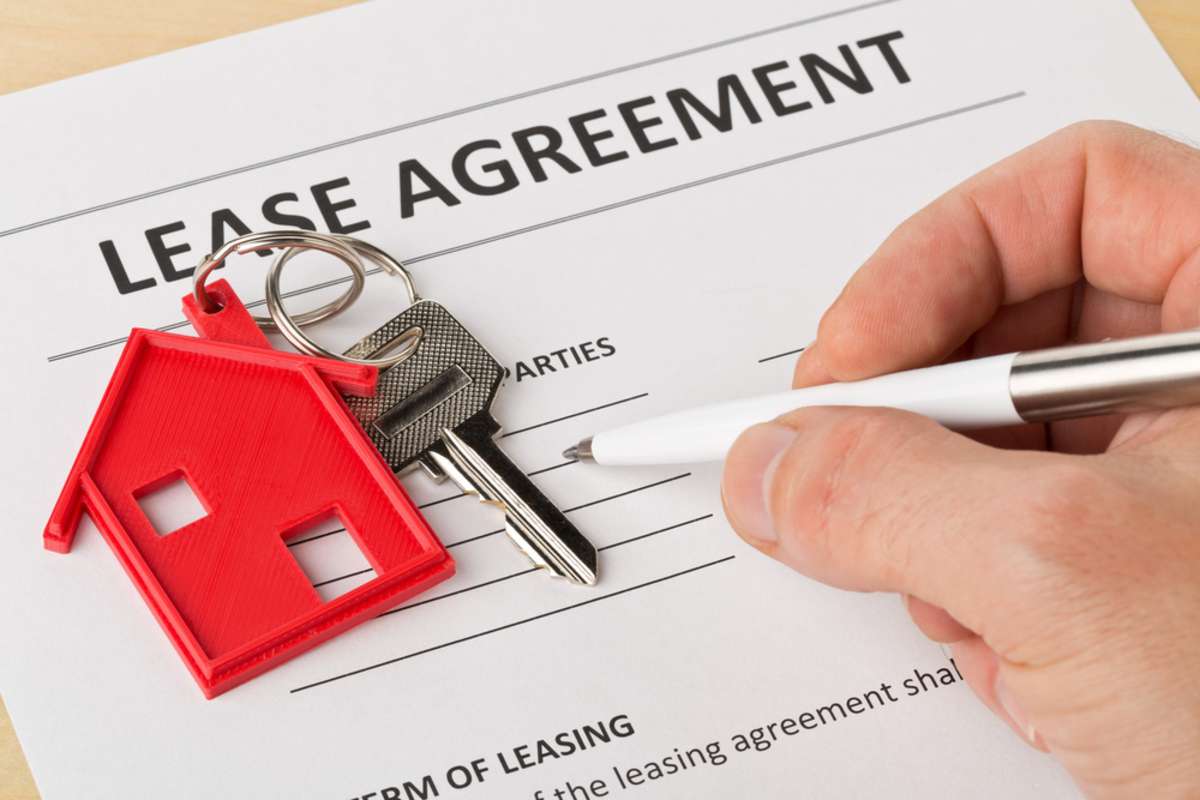Listen to the article
What to Include in Your Detroit Rental Agreement
A lease or rental agreement is an immensely practical document between Detroit landlords and tenants. It sets out crucial business details that each party must adhere to.
This document states details such as the duration of tenancy and the amount of security deposit. As an example, Michigan security deposit laws cap the security deposit amount to the equivalent of one and a half times the monthly rent.
Because of this, a lease or rental agreement needs to cover certain basic terms of the tenancy. This will help avoid common landlord-tenant issues. If you are a landlord in Detroit, here are some of the most important things that your lease or rental agreement should cover.
Detroit Lease Agreement Basics:
1. Security Deposits and Fees
The use and return of security deposits is often a source of problems between renters and landlords. To avoid issues related to this, your lease or rental agreement should be clear on all aspects. Here is a summary of Michigan landlord-tenant laws regarding security deposits in Detroit:
- Maximum Security Deposit Amount.
In Detroit, landlord-tenant laws limit how much a landlord can ask a renter for a security deposit. It caps the amount to one and a half times the rent amount of one month.
A Detroit landlord has two options when it comes to storing a tenant’s security deposit amount. One option is to post a surety bond or a cash bond for the security deposit amount. Another option is to place the tenant’s security deposit in an escrow account.
- Security Deposit Notice.
As a landlord in Detroit, you are required to provide your tenant with a written notice of receipt of their deposit. The notice should contain important details such as your name and the name the financial institution where you’ve stored the tenant’s security deposit.
- Security Deposit Return.
In Detroit, you have thirty days to return the tenant’s security deposit once your tenant moves out.
2. Duration of Tenancy
Every lease or rental agreement should state the duration of the tenancy. Specifically, it should state whether the duration is fixed term or is month-by-month. A fixed-term lease is one where a renter agrees to stay and pay rent for the period of the time indicated in the written contract. A month-by-month lease, on the other hand, is an arrangement in which the lease may be altered or terminated by either party after giving notice.
Your choice should depend on the flexibility that you want. For example, with a month-by-month lease, you may be able to change the terms of the rental agreement, raise the rent, or even evict your tenant for a suitable reason, if you give them a notice.
On the other hand, a fixed term lease gives you your much-needed security. With it, you are sure that the tenant will abide by the terms of the lease agreement until the lease expires.
3. Names of All Tenants
Your lease or rental agreement should state all the names of the adults living in the Detroit rental unit regardless of whether they are married or not. You should also confirm that the lease or rental agreement has all their signatures.
By doing this, you are making each renter legally responsible for all the terms of the lease or rental agreement. For example, you may terminate their tenancy should any fail to abide by the lease terms.

4. Limitations on Occupancy
Clearly specifying who could live in your property is imperative. Your lease should specifically state that only tenants who’ve signed the lease are the ones permitted to occupy the rental property.
This, therefore, gives you a right to evict any person who is not recognized in the agreement as a tenant. This guarantees you that the people living in your rental property are ones who’ve passed your tenant screening test.
Specifying limitations on occupancy will help you avoid the issue of illegal subletting.
5. Details on Rent
Your lease or rental agreement should indicate clear rent details. It should state the rent amount, due date, and payment methods. In addition to this, the agreement should also address the following questions:
- Will there be late fees? If so, how much?
- Will you offer a grace period? If so, for how many days?
- Will you charge a fee for bounced checks? If so, how much?
By doing this, you will be able to avoid confusion and head off disputes.

6. Entry to the Rental Property
As a landlord, you have a right to enter the rental premises. You are allowed to enter the rental premises for various reasons. Most common ones include:
- Show the property to potential tenants
- Make repairs to the unit
- Inspect the state of repair of the unit
The frequency of the visits should, however, be reasonable. If they are not, you may be accused of harassment or breach of privacy rights. To avoid issues related to this, make sure that you shed light on your legal right to accessing the property in the agreement.
In addition to this, you should also state how much notice you should provide to the tenant. Michigan rental laws, however, don’t have any statute requiring you to provide any notice to your renter. That said, landlords generally provide their tenants with a 24 hours’ notice to keep the landlord-tenant relationship on good terms.
7. Property Repairs and Maintenance.
You should clearly indicate repair and maintenance responsibilities in your lease or rental agreement. If you don’t, you may encounter rent-withholding or security deposit hassles.
To avoid issues related to this, make sure that your agreement is clear on the following details:
- The tenant’s duty to keep the property clean and sanitary.
- Restrictions on tenant alterations. For instance, restrictions on painting walls or installation of burglar alert systems.

8. Details on Pet Policy
Be clear regarding pets. If you allow them, be specific when addressing any specific restrictions. The restrictions may include such things as the number and size of pets, and the type of breed allowed.
With these important details in your Detroit rental agreement, you’ll be able to safeguard your investment and limit exposure to lawsuits. If you need more assistance, please hire the services of a Detroit-based property management company.







